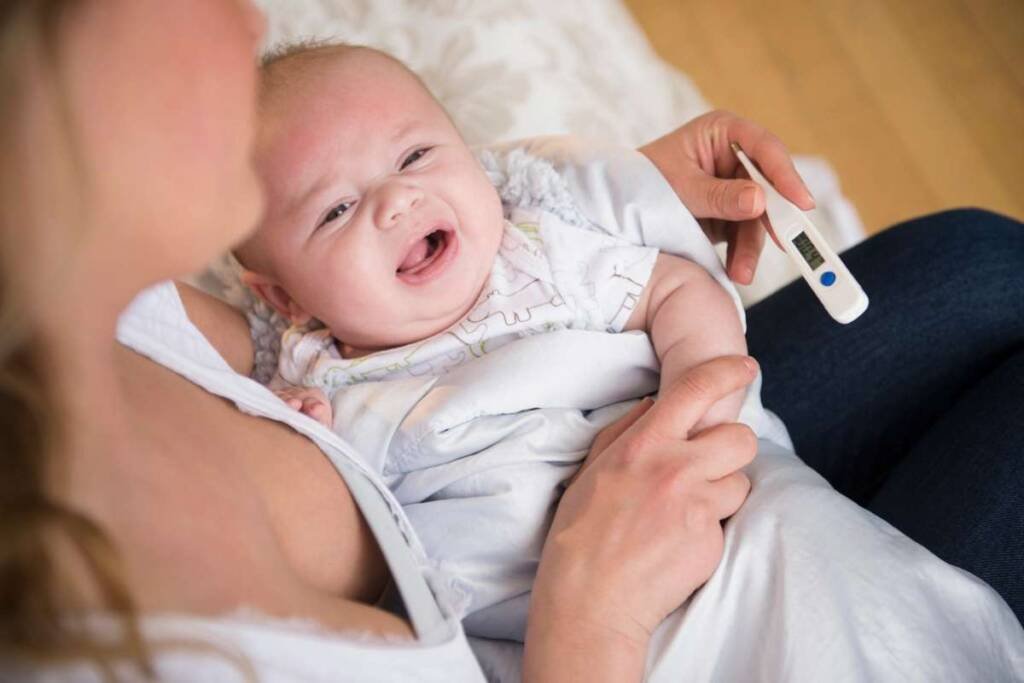Source – Sanofi
On July 17, 2023 Sanofi and AstraZeneca received approval from the US Food and Drug Administration (FDA) for their jointly developed drug Beyfortus (nirsevimab-alip). It is indicated for the prevention of lower respiratory tract disease (LRTD) caused by respiratory syncytial virus (RSV) in newborns and infants entering their first RSV season, as well as in children up to 24 months of age who remain at risk for severe RSV disease during their second RSV season. The companies plan to launch Beyfortus in the US before the upcoming 2023-2024 RSV season.
RSV is the primary cause of hospitalization among infants under one year of age in the US, with hospitalization rates for RSV being 16 times higher than those for influenza. Each year, approximately 590,000 infants under one year old require medical care, including visits to physicians, urgent care, emergency rooms, and hospitalizations, due to RSV disease.
“Today’s approval marks an unprecedented moment for protecting infant health in the U.S., following an RSV season that took a record toll on infants, their families, and the U.S. healthcare system. Beyfortus is the only monoclonal antibody approved for passive immunization to provide safe and effective protection for all infants during their first RSV season. I am proud that, by prioritizing this potential game-changer, we are now about to bring Beyfortus to American families.”
– Thomas Triomphe, Executive Vice President, Vaccines, Sanofi
“Beyfortus represents an opportunity for a paradigm-shift in preventing serious respiratory disease due to RSV across a broad infant population in the US The science that Beyfortus is built on demonstrates AstraZeneca’s continued leadership in addressing the needs of the most vulnerable populations and reducing the burden on healthcare systems.”
– Iskra Reic, Executive Vice President, Vaccines and Immune Therapies, AstraZeneca
Clinical trials have shown that Beyfortus has a favorable safety profile and is well tolerated. The rates of adverse events were similar between Beyfortus and placebo, with most adverse events being mild or moderate in severity. The most commonly reported adverse events were rash and injection site reactions.
Beyfortus is administered as a single dose, given at the beginning of the RSV season for infants born before the season or at birth for those born during the RSV season. It has demonstrated efficacy in preventing RSV LRTD requiring medical care in various infant populations, including those born at term, late preterm, preterm, or with underlying health conditions that make them susceptible to severe RSV disease. RSV disease requiring medical care includes visits to physicians, urgent care, emergency rooms, and hospitalizations.
Sanofi and AstraZeneca received approval for Beyfortus in the European Union in October 2022, in Great Britain in November 2022, and recently in Canada in April 2023. Regulatory applications for Beyfortus are currently under review in China, Japan, and several other countries.
Related: FDA Sets The Stage For Adcomm On Sanofi, AZ’s RSV Prospect Later This Week
RSV is highly contagious and can cause severe respiratory illness in infants, according to the Centers for Disease Control and Prevention (CDC). Common symptoms of RSV include runny nose, coughing, sneezing, fever, decreased appetite, and wheezing. About two-thirds of infants are infected with RSV during their first year of life, and almost all children are infected by their second birthday. In the US, RSV is the leading cause of hospitalization among infants under 12 months, with hospitalization rates 16 times higher than those for influenza. Approximately 75% of infants hospitalized for RSV are born healthy and at term, without any underlying conditions. Each year, an estimated 590,000 infants under one year old in the US require medical care, including visits to physicians, urgent care, emergency rooms, and hospitalizations, due to RSV disease.





























